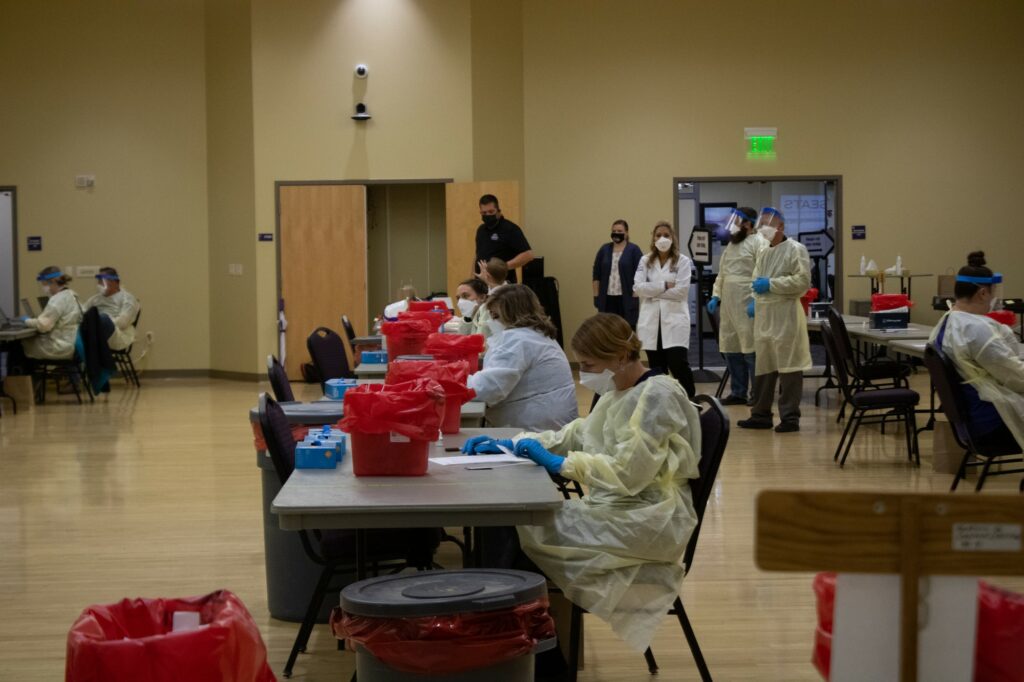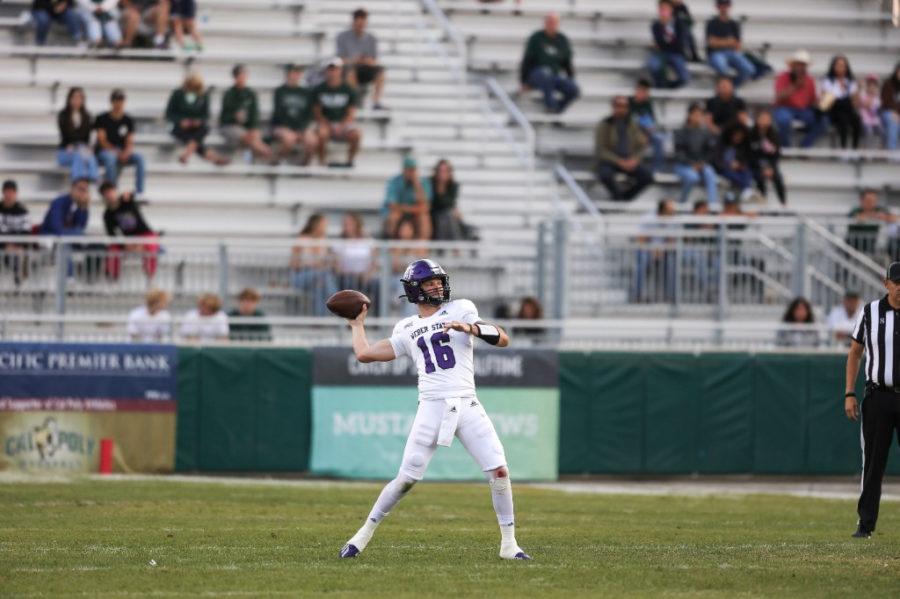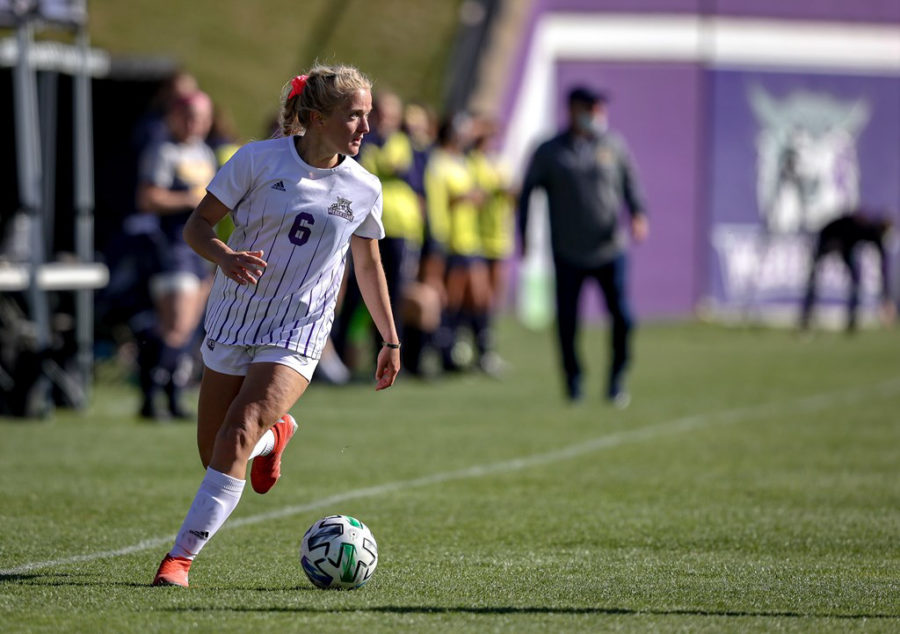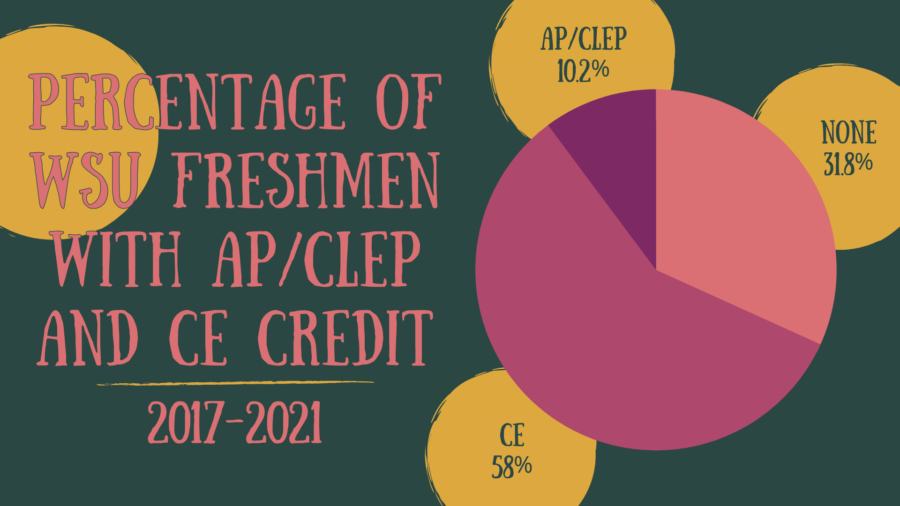The Department of Health Administrative Services at Weber State University is offering a new course next spring: “Immunology of COVID-19.” The course will be an interdisciplinary effort to delve into the disease and the effects it can have on the human body.

The course is being produced by Jim Hutchins, of Health Sciences and Neuroscience; Matthew Nicholaou, of Medical Laboratory Sciences and Daniel Clark, of the Department of Microbiology.
The course title illustrates that it is crucial to understand both the virus itself and the immune system when learning about the disease.
The average person may not understand the bodily processes that occur when viruses like SARS-CoV-2, the medical term for this specific coronavirus, become severe or lethal in patients, Nicholaou explains.
“These kinds of viruses are good at eliciting an overactive, uncontrolled immune response, and that’s really what kills so many people,” he said.
The new coronavirus is not so different from some viruses already known to science and medicine, but the current situation is unique: one reason being due to the opportunity it offers researchers.
“We know that there are viruses out there that trigger the immune system to do weird things,” Nicholaou said. “It’s just that we have never encountered one before that we could track from the beginning.”
Inflammation is a key factor in any bodily response to diseases, wounds and infections.
“We are not very good at controlling inflammation, especially the kind that happens in SARS,” Dr. Hutchins said, referring to Sudden Acute Respiratory Syndrome, a wider term under which the disease caused by the novel coronavirus falls.
Inflammatory response can cause COVID-19 patients to quickly spiral as the immune system inflames the lungs, brain, muscles and other organs, before attacking the inflamed tissue.
Hutchins explained the vicious cycle is what is killing people.
The people known as coronavirus “long-haulers” are the ones who have internal damage from this inflammation. The severity of the symptoms may not have been enough to bring them to the hospital, yet the long-haulers do not seem to be able to fully recover.
The course is not just for advanced healthcare and science students. Those who want to expand their practical health knowledge and defend against misinformation should enroll.
A main goal is to promote informed conversations relating to COVID-19 between students of different departments. It will cover science fundamentals and aim to help students understand important medical literature and scientific vocabulary.
Nicholaou also emphasized the importance of understanding the underlying reasons for public health guidelines and restrictions that have come as a response to the virus.
The dissemination of public education regarding the virus may be more difficult than creating and distributing a vaccine.
“We have a responsibility as a university to, as best we can, educate our community,” Hutchins said.
Beyond convincing the public to wear masks and socially distance, public health officials will have a new crisis if they can’t convince people that a vaccine is safe, effective and necessary.
For example, the vaccine currently being developed by Pfizer may be one that reaches mass distribution, but it will not work in any conventional way that will be familiar to the average person. It certainly has the potential to cause skepticism among the uninformed in the same way CDC guidelines have.
“The biggest problem we have right now is that all of this is just voodoo to most people,” Hutchins said. “And it is easy to reject voodoo.”
The weekly course will be available to students registering for spring 2021 under the course number HAS 3980 for one credit.



















